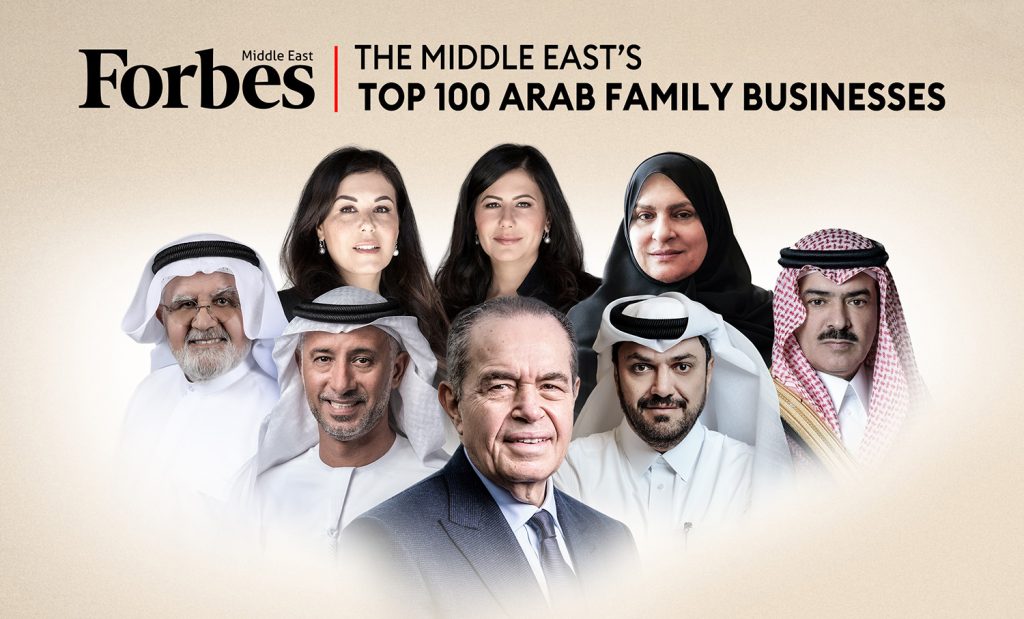Nowhere in the world are family businesses as important to the economy as they are in the Middle East. From Saudi’s Olayan Financing Company and the UAE’s Al-Futtaim Group to Egypt’s Mansour Group, these colossal family-owned conglomerates are household names, due to the fact that these family-run businesses are involved in almost every part of our daily lives. From the houses we live in, to the apps we use, the banks we use to keep our money in, and to the clothes on our backs, there’s a good chance that an Arab family business and the businessmen and businesswomen that run them, were somehow involved.
While there is nothing new about the importance of family businesses in the Arab world, which is intimately connected to the importance of family and lineage in the region that has been apparent for centuries. What is new, however, is the increasing presence of women heading these companies. Although the Arab world has always had prominent women in business, there has been a tendency for men to be the figureheads leading companies and for sons to inherit the family business. Women have, of course, always been present and integral parts of family businesses, but have often been behind the scenes and not officially recognized in senior positions.
With Forbes’ list of the top 100 Arab family businesses coming out every year, we have seen a steady increase year-on-year in women-led businesses. This change represents a broader change underway in the region, which while certainly slow and steady, will have significant and wide-ranging implications for women and the region’s economy. In addition to the corporate boardroom, women have also seen increased representation in parliament across the Middle East, increasing from a tiny four percent of seats in 2000 to an improved 17% in 2021, according to the World Bank. While below the global average of 25.1%, the albeit slow rate of change is encouraging, especially with respect to certain countries like the UAE, whose female ministers of parliament now make up 50% of the legislature.
This year saw four Arab family businesses headed by women, many of which with impressive backstories, make Forbes’ list of the top 100 Arab family businesses. One of the women-led Arab family businesses even ranked number one in the region, pushing giants like the Mansour Group and Al-Futtaim Group into second and third place, respectively. We thought we’d have a look at who these women are, their stories, what drives them, and the companies they head.
Lubna S. Olayan, Executive Committee Chair of Olayan Financing Company
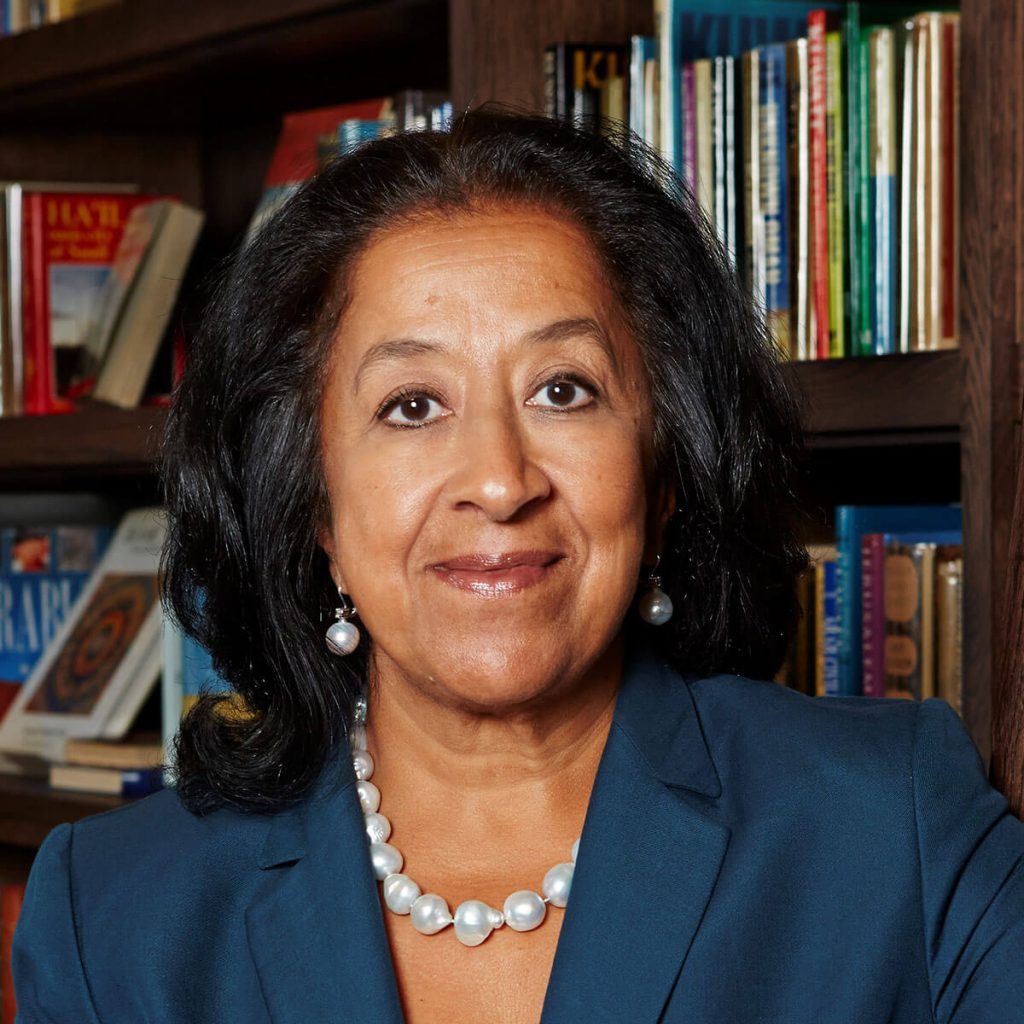
Lubna S. Olayan heads the wildly successful Saudi company, Olayan Financing Company with investment and real estate assets all over the world. In addition to owning Madrid’s spectacular Hotel Ritz, London’s most exclusive piece of commercial real estate Knightsbridge Estate, and other notable properties throughout the world, Olayan Financing Company also holds important shares in international banks, including 20.3% of the Saudi British Bank and 4.9% of Credit Suisse. Historically, since its founding in 1947 by Lubna’s father Sulaiman S. Olayan, Olayan Financing Company has also done a lot of work with Saudi Aramco, helping facilitate the creation of oil pipelines and other projects across the country.
Lubna Suliman Olayan currently heads the company as the executive committee chair and deputy chair, alongside a brother and two sisters who also sit on the board. Lubna, however, is also known outside of the world of business and Arab world, having been listed on Time’s list of the top 100 most influential people of the year several times since 2005. Alongside this, Forbes and others have also repeatedly recognized her as one of the world’s most powerful women. Lubna is also no stranger to firsts, having been the first woman to deliver a major address at a conference in Saudi Arabia, during the Jeddah Economic Forum in 2004. She also holds the title of being the first woman to head a Saudi bank, after becoming the chairwoman of the Saudi British Bank in 2019.
Raja Easa Al Gurg, Chairperson and Managing Director of Easa Saleh Gurg Group
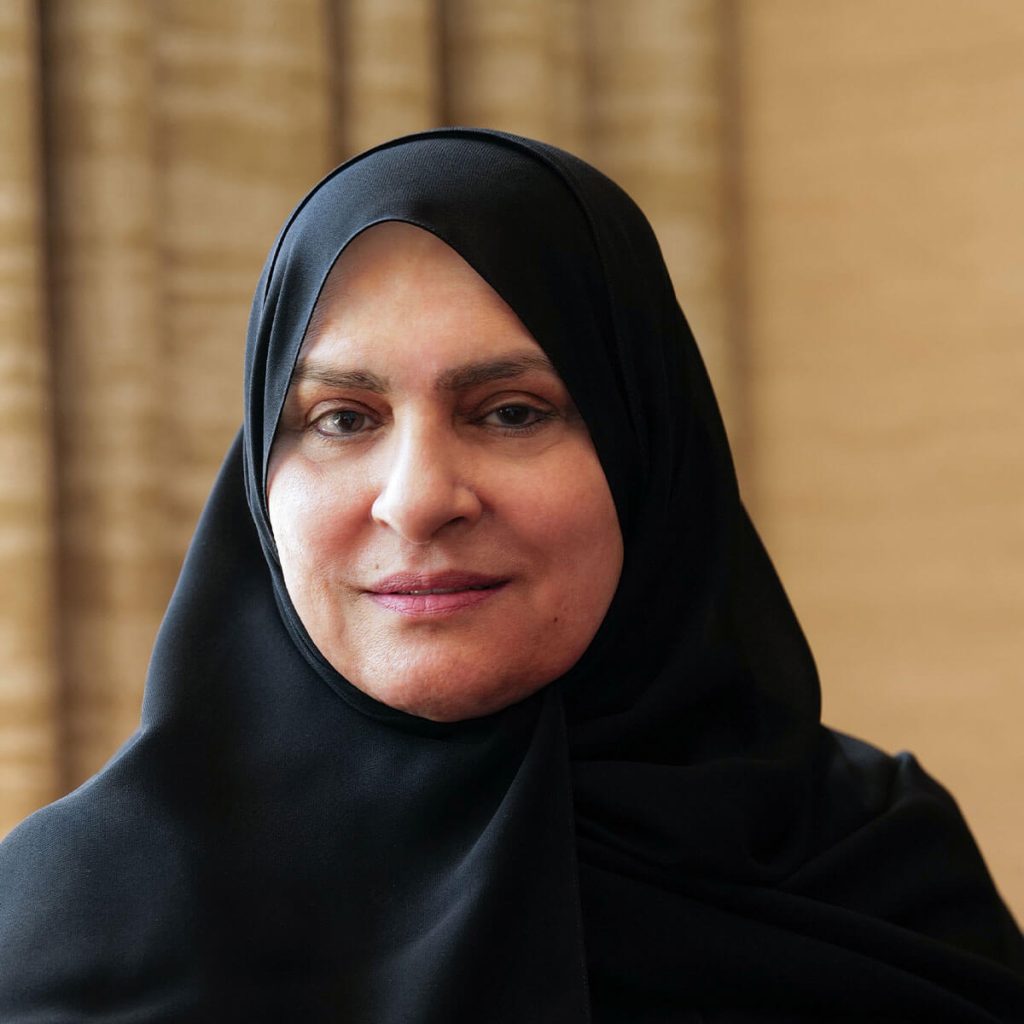
Hailing from UAE, Raja Easa Al Gurg heads the colossal real-estate, retail, construction, and industry giant Easa Saleh Al Gurg Group. Originally founded by her father Easa Al Gurg in 1960, Raja has carried on the family business, which now has 27 companies under its wings, employing 3000 people, according to Forbes. With offices around the Gulf in Saudi Arabia, Oman, and the company’s base in the UAE, the company is specifically focused on markets in the region.
Raja Easa Al Gurg is not a woman to be underestimated, having been ranked as number 27 of the 100 most powerful Arabs, according to Gulf Business, and Forbes described her as the United Arab Emirate’s most powerful businesswoman in 2017. In 2020, Forbes even ranked her as the 87th most powerful woman in the world. Like Lubna S. Olayan, Raja is no stranger to firsts, having been the first Emirati businesswoman to write an autobiography, which was released in 2019 and called Raja Al Gurg: An Autobiography. In another first, she also the first Emirati woman on HSBC’s board in the Middle East. For her achievements, French President Emmanuel Macron knighted Raja Al Gurg in 2020 by awarding her the Legion of Honour.
Lujaina & Areej Mohsin Darwish, Chairpersons of ITICS and ACERE at Mohsin Haider Darwish
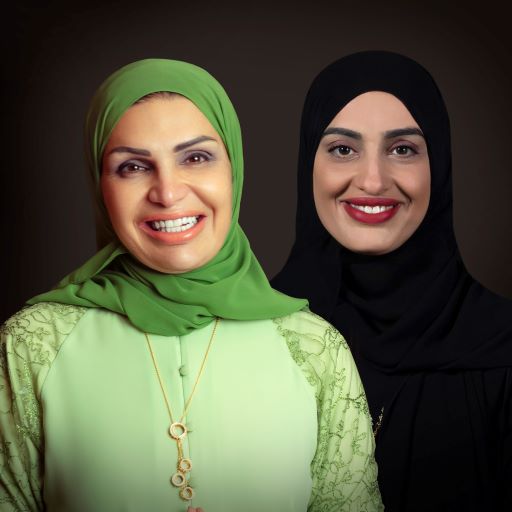
Mohsin Haider Darwish is a huge conglomerate from Oman that focuses on a diverse range of industries, from renewable energy and cars to infrastructure and technology. Although named after the founder, Mohsin Haider Darwish, the company is now run by his two daughters, Lujaina and Areej Mohsin Darwish. Now under the daughters’ control, the company employs approximately a thousand workers and is partnered with companies from around the world.
The two daughters, Lujaina and Areej Mohsin Darwish, have impressive resumes and lay claim to many firsts in the region and their native Oman. In addition to her presence in business, Lujaina has also become an influential political figure in the region. In 2000, Lujaina made history by being one of the two first women to be elected to Oman’s parliamentary body. In 2015, she was even appointed directly by the country’s sultan to the prestigious and important Council of State. Amazingly, in addition to her career in business and politics, she also used to be a university lecturer after studying English literature. In a further impressive twist to the story, she also became the second woman in the Arab world to run a football team after becoming the president of Sidab Football Club. Her sister Areej is no less impressive, having been regularly listed by the likes of Forbes as one of the Middle East’s most powerful businesswomen.
Yasmine & Farida Khamis, Chair and Deputy Chair of Financing at The Orientals Group
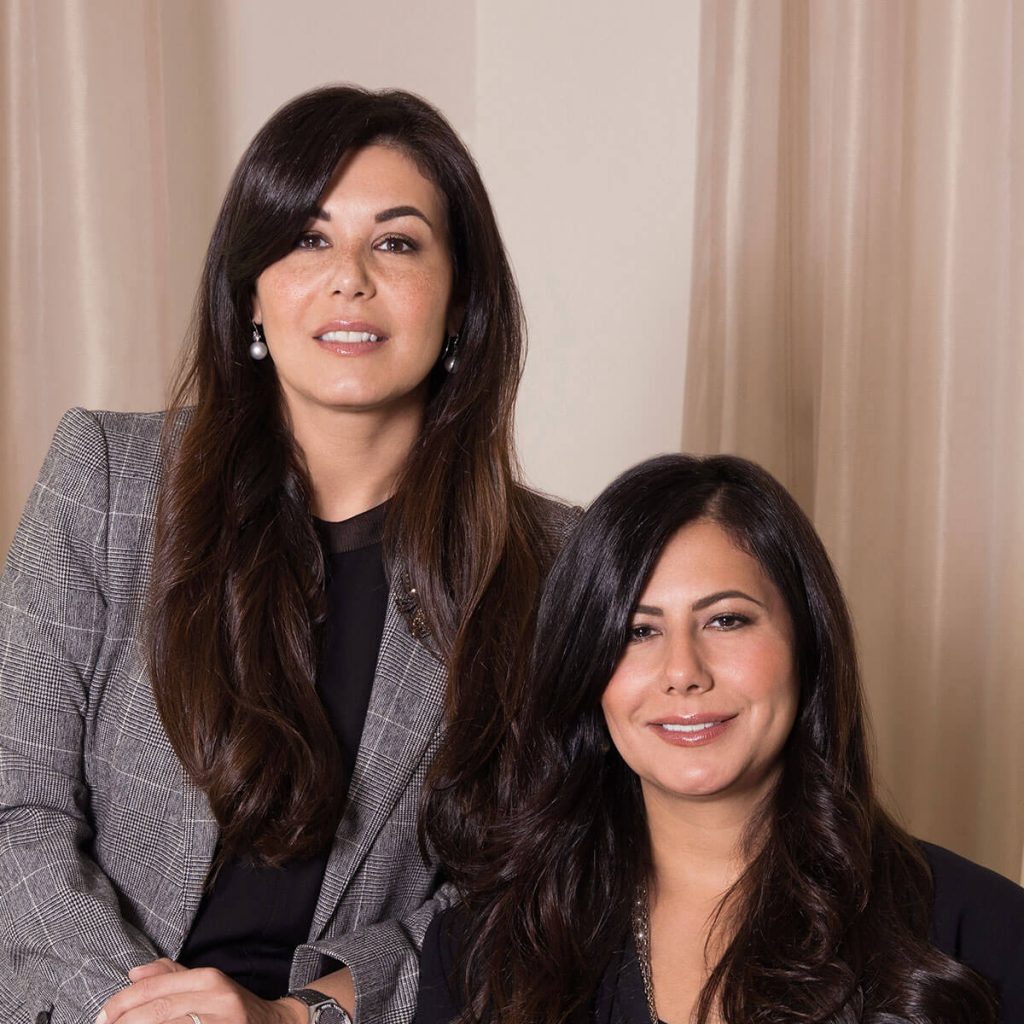
The Egyptian giant The Orientals Group, popularly known for its subsidiary Oriental Weavers, is more than just carpets as it has a global portfolio involving real estate, petrochemicals, education, and even agriculture. Founded in 1979 by Mohamed Farid Khamis, the company is now run by his two daughters, Yasmine and Farida Khamis, who employ over 17,000 just in their carpets division. With distribution offices in the UAE, US, and UK, its carpet business is supplied by a whopping 240 looms in Egypt producing carpets and textiles of all kinds. According to Forbes, Oriental Weavers exports to 130 countries across the globe.
Yasmine Khamis dedicated a lot of time and effort to the art of carpets, having studied color theory and design at New York’s coveted Pratt Institute and spending time learning from the American weaving capital of North Carolina. This enabled her to help push Oriental Weavers to reach their full potential. However, Yasmine also pushed for greater attention and care to reduce the environmental impact of their work by incorporating recycled materials. Forbes even recognized her on its list of the Middle East’s ‘power businesswomen’ in 2021. Farida Khamis has similarly had an impressive career in business, receiving numerous awards, and now currently heads The British University in Egypt.
WE SAID THIS: Don’t Miss… Iconic Middle Eastern Women Who Have Paved The Way For Future Generations


